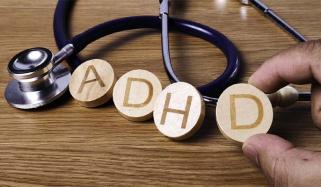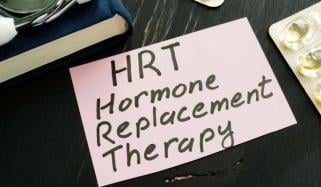
Period pain and depression share a surprising genetic connection, a new study revealed.
According to CNN, surprising research uncovered the genetic link between period pain, which is known as dysmenorrhea, and depression caused by the pain.
90% of the women who menstruate experience mild to extreme period pain.
Some people think that severe pain and cramps can be linked to the symptoms of depression, but the study published in the journal Briefings in Bioinformatics suggested that depression might be causing period pain because of specific genes, while other researchers believe that the mechanisms are more complicated than that.
The lead author, Dr. John Moraros, said via email, “Depression and menstrual pain significantly impact women’s lives across the world, yet their connection remains poorly understood. Our collective goal is to critically investigate these issues and improve care for women by uncovering these complex connections and finding better ways to address them.”
The researcher noted that the previous studies found a relationship between period pain and depression but failed to find any connection at the genetic level.
He explained, “We used a clever approach called Mendelian randomization. This method works like nature’s experiment. It uses genetic data… to see if having certain genes linked to depression also makes people more likely to have menstrual pain. This helps us understand cause-and-effect without the need to test it directly on people.”
The researchers collected the genetic data of around 600,000 people from European populations and 8,000 from East Asian populations and then used bioinformatics to “find patterns in the genes and biological pathways that connect depression and menstrual pain.”
The researchers found that there is a “significant” causal relationship between depression and dysmenorrhea, which can increase the chances of having menstrual pain by 51%. They concluded that certain genes and proteins can affect the impact of repression on reproductive function.















